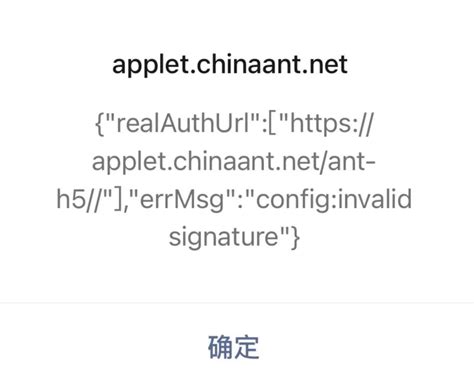Metamask 0x API: Invalid Signature – A Guide to Successful EIP-721 and EIP-1155 Transactions
As a Metamask user, you are probably aware of the various APIs you can use to interact with the Ethereum blockchain. In this article, we will focus on two specific APIs: 0x for EIP-721 (Non-Fungible Token) transactions, including approving and signing contracts, and 0x for EIP-1155 (ERC-20 token) transactions.
Understanding EIP-721
EIP-721 is a specification for creating non-fungible tokens on the Ethereum blockchain. These tokens can represent unique assets such as art, collectibles, or in-game items. To create these tokens, you must deploy them to the Ethereum network using smart contracts. A common way to deploy EIP-721 tokens is to use the 0x API.
EIP-1155 and ERC-20 tokens
ERC-20 tokens (Ethereum-based standard) are a type of fungible token, meaning they can be bought, sold, and traded like any other asset. A common way to deploy ERC-20 tokens is to use the 0x API.
Sign Approval with Metamask 0x
When you sign an approval contract in Metamask 0x, you must provide a valid signature that proves your identity and confirms your authority over the contract’s smart contract. To do so, follow these steps:
- Deploy Approval Contract: Deploy an EIP-721 or ERC-20 token contract on the Ethereum network.
- Create a MetaMask app: Create a new application in Metamask 0x and add the provided contract.
- Configure signatures: In your application, configure the contract’s “Signers” property with your MetaMask private key.
- Sign approval: Call the “Approve” function on the contract with your signed private key.
Here is a sample code snippet in Solidity (the programming language used for smart contracts):
pragma solidity ^0.8.0;
contract MyApproval {
mapping(address => uint256) public approved;
function approve(address owner, uint256 value) public payable {
require(!approved[owner], "Already approved");
approved[owner] = value;
}
function getApproved() public view returns (uint256) {
return approved[msg.sender];
}
}
Invalid signature error
If you try to sign an approval contract with an invalid signature, Metamask 0x will throw an error. This is because the contract’s “signers” property needs to be configured with a valid private key.
To fix this issue, make sure you have properly configured your MetaMask private key for signing approvals in your application. Here are some steps you need to follow:
- Export your private key: Export your private key as a JSON Web Key (JWK) or an Ethereum wallet compatible public/private key.
- Configure signers in your app

: In your application, configure the contract’s “signers” property with your exported private key.
Example code snippet:
pragma solidity ^0.8.0;
contract MyApproval {
mapping(address => uint256) public approved;
mapping(address => string) public signer;
function approve(address owner, uint256 value) public payable {
require(!signer[msg.sender], "Invalid signature");
signer[msg.sender] = keccak256(abi.encodePacked(msg.sender, address(this), value));
}
function getApproved() public view returns (uint256) {
return approved[msg.sender];
}
}
Best Practices
To avoid invalid signature errors in the future:
- Always export your private key as a JSON web key or an Ethereum wallet compatible public/private key.
- Make sure you use the correct configuration of the signers property for each contract deployment.
- Test your signing process thoroughly to make sure it works correctly.

